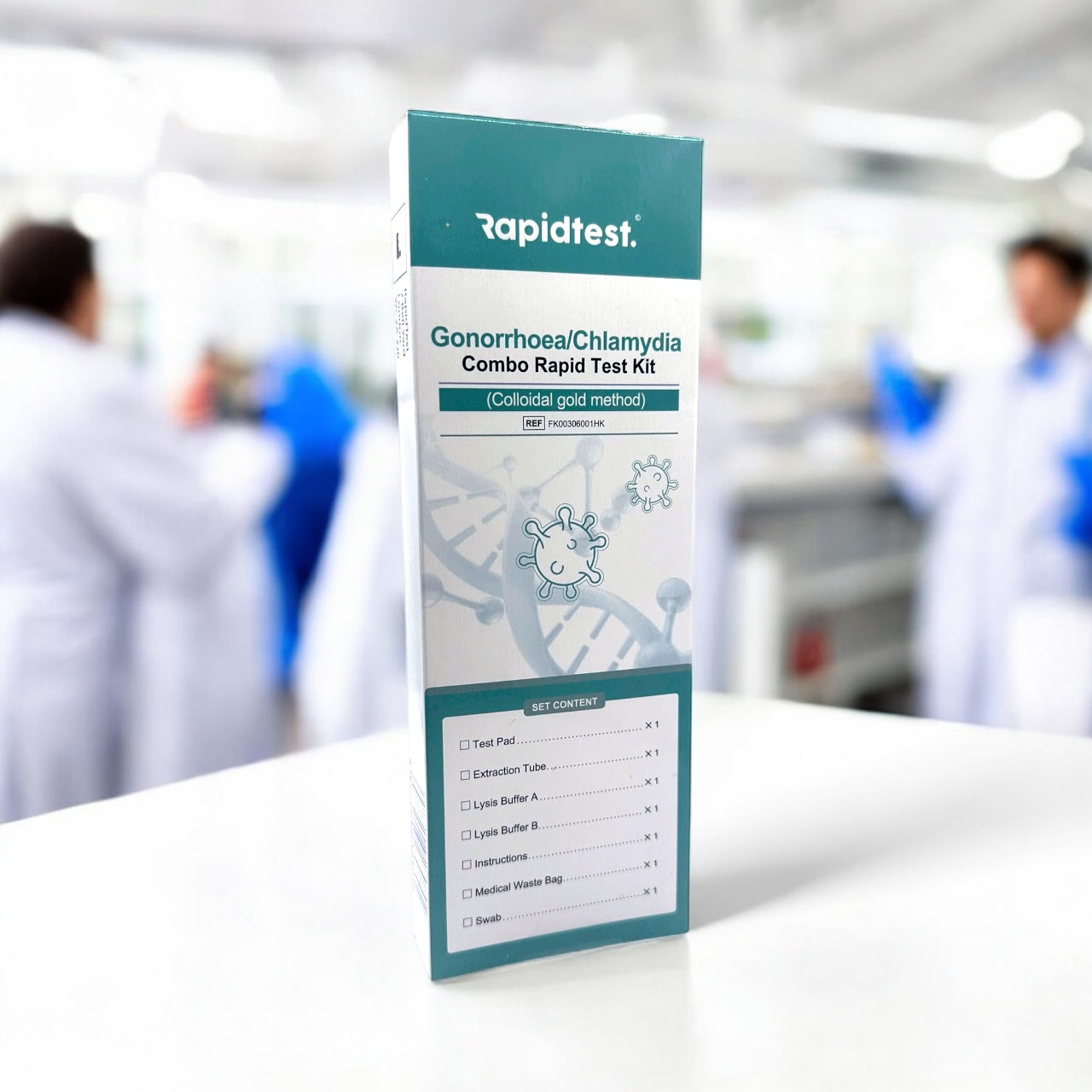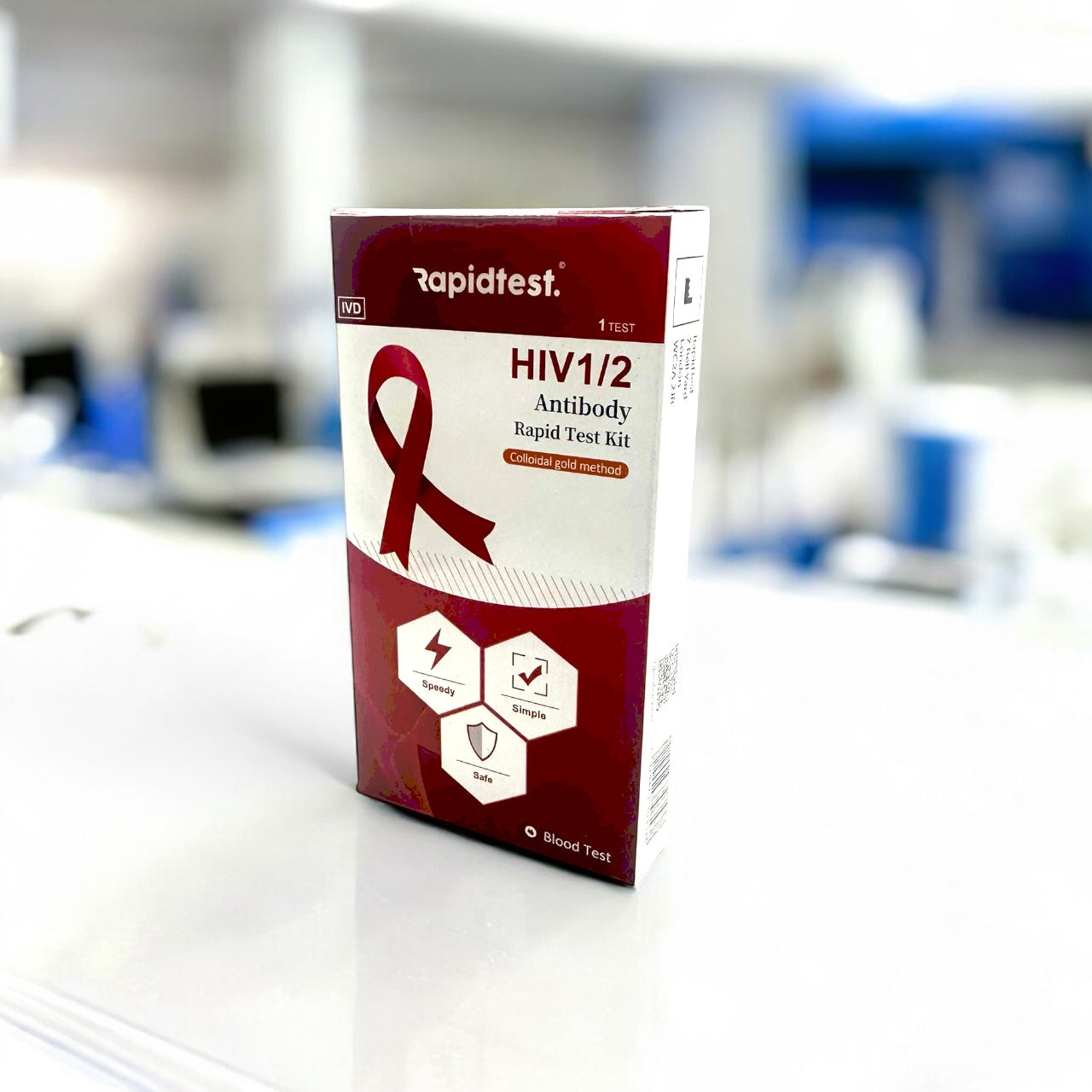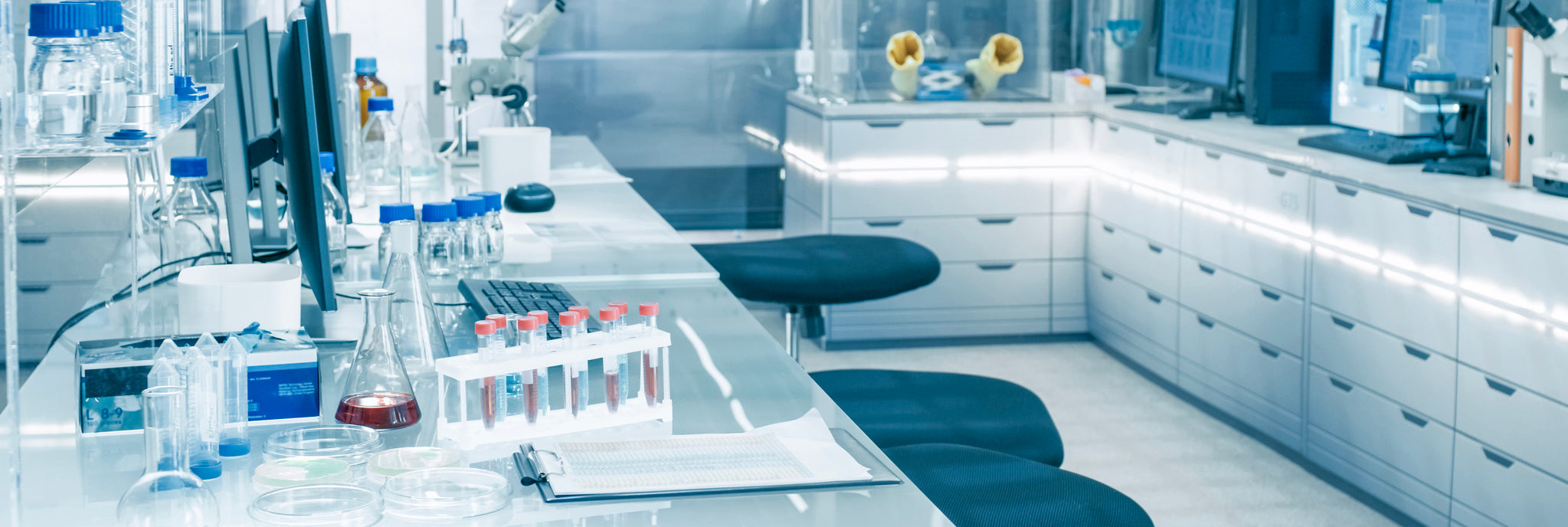
HIV Rapid Test Kit - At-Home Results in 15 Minutes
HIV testing kits allow individuals to check their HIV status privately, conveniently, and often at home. This guide covers types of kits, how to use them correctly, accuracy and limitations, and how to interpret your results — plus next steps and where to get help.
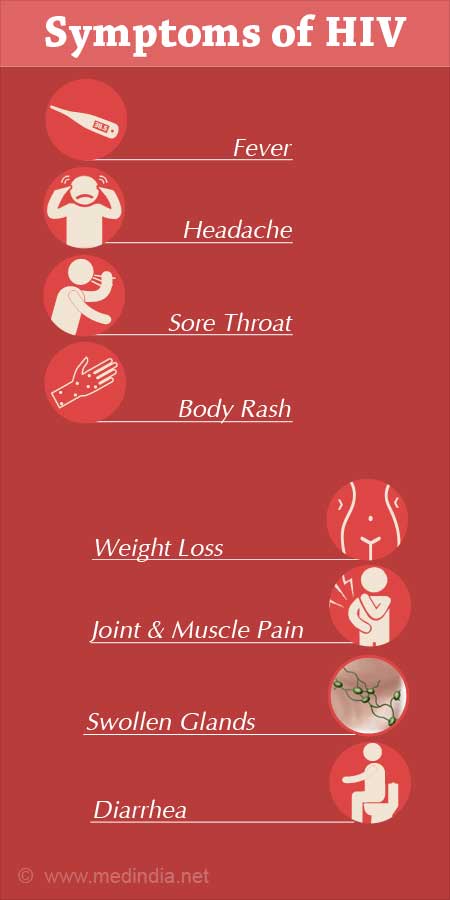
WHAT IS HIV?
HIV (Human Immunodeficiency Virus) is a virus that attacks the body’s immune system. It often causes no symptoms in the early stages, meaning many people don’t realise they’re infected.
Left untreated, HIV can weaken the immune system and progress to AIDS (Acquired Immunodeficiency Syndrome). Early detection is crucial — and an at-home HIV Rapid Test allows you to screen privately, accurately, and get results in just 15 minutes.
👉 For other fast STI testing options, explore our Chlamydia Rapid Test or Syphilis Rapid Test.
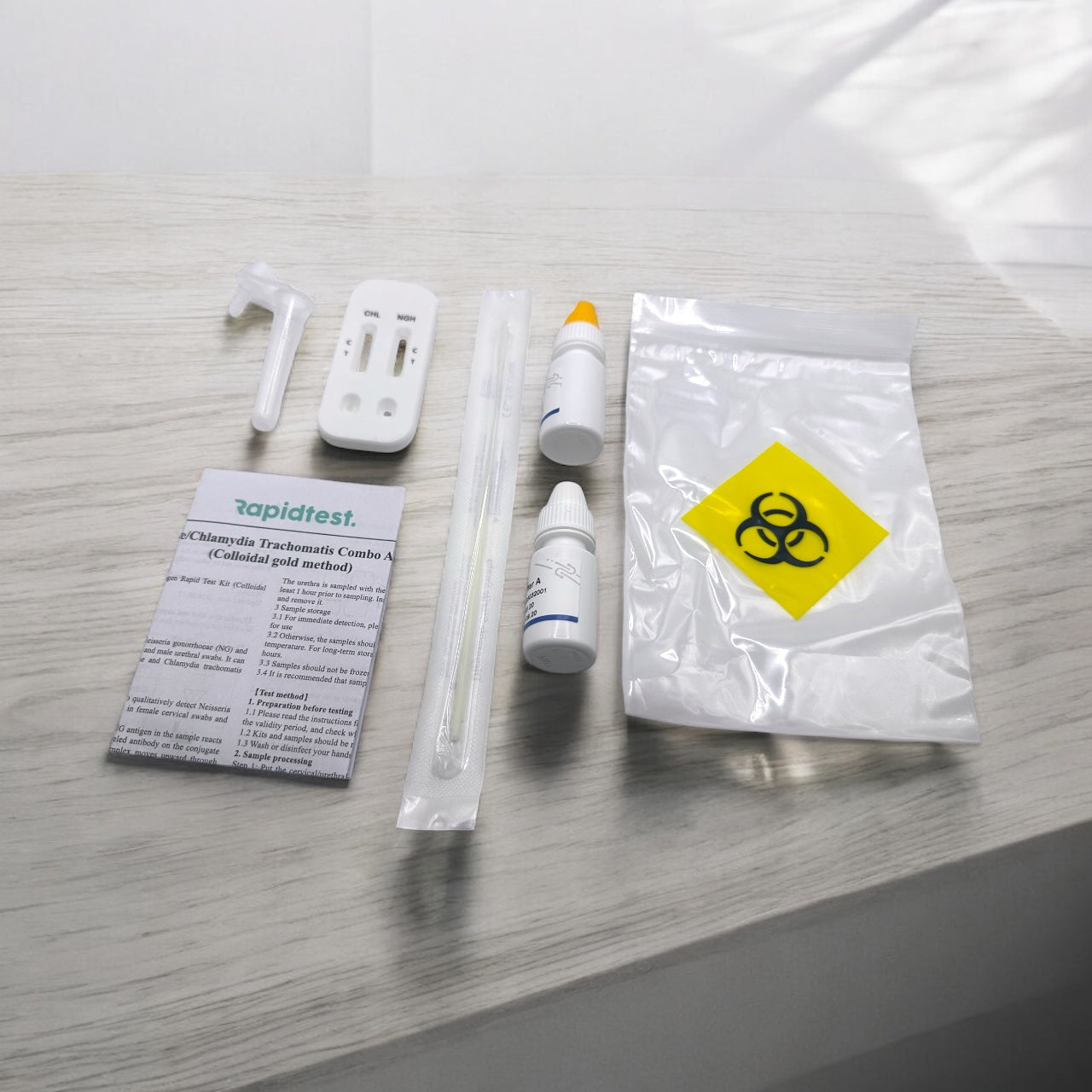
HOW THE TEST WORKS
The HIV Rapid Test Kit uses the same lateral flow immunoassay technology trusted in professional medical settings.
It identifies HIV-specific markers in your blood or saliva using pre-coated antibodies on a test strip.
Steps to use:
- Collect your sample — either a finger-prick blood drop or oral swab.
- Add it to the cassette using the provided buffer solution.
- Wait for approximately 15 minutes.
- Read your result — one line = negative, two lines = reactive. One line = Negative
Two lines = Positive (Chlamydia detected)
Always read the instructions carefully before use.
Key Takeaways
Buy a HIV Rapid Test Online-
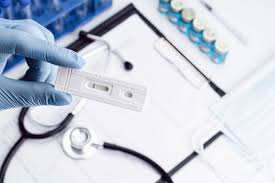
How Accurate Is a HIV Rapid Test?
How Accurate Are Rapid Tests?Modern HIV self-tests are highly reliable. The tests sold by RapidTest.co are CE-marked, ISO certified, and clinically validated for both sensitivity and specificity.
✅ Accuracy: >97%
✅ Results: 15 minutes
✅ Privacy: 100% discreet packaging -

When Should You Take the Test?
How Soon After Exposure Should You Test for HIV?You should wait 7–14 days after possible exposure before testing to ensure the infection has reached detectable levels.
If you test positive, retesting after completing treatment is recommended to confirm the infection has cleared.
-
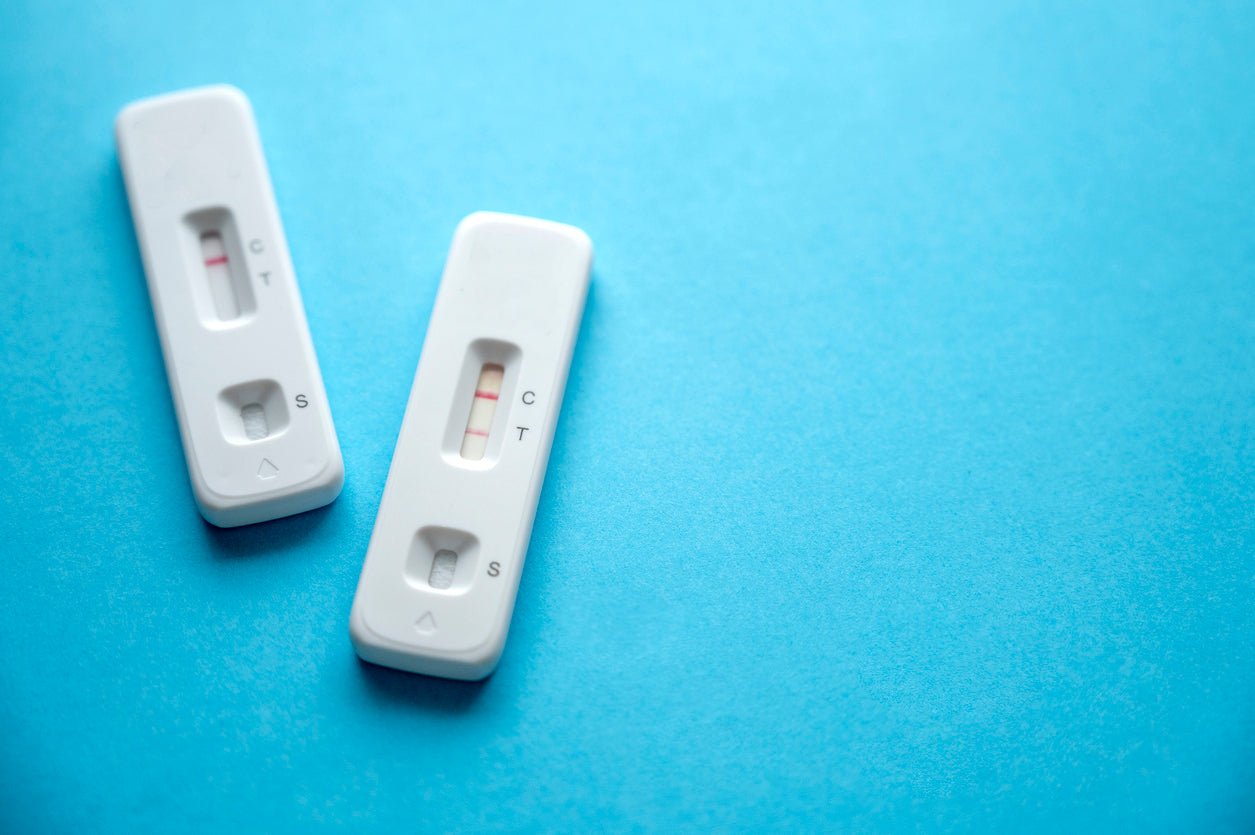
What To Do If You Test Positive?
Comprehensive STI Panel – Test for Multiple InfectionsA positive result means HIV antigens were detected.
You should contact your GP, local sexual health clinic, or an online pharmacy for treatment (typically a short course of antibiotics).Your partner(s) should also be tested and treated to prevent reinfection.
RapidTest
RapidTest - HIV at Home Testing Kit - Results in 15 mins - 99.8% Accurate
Share
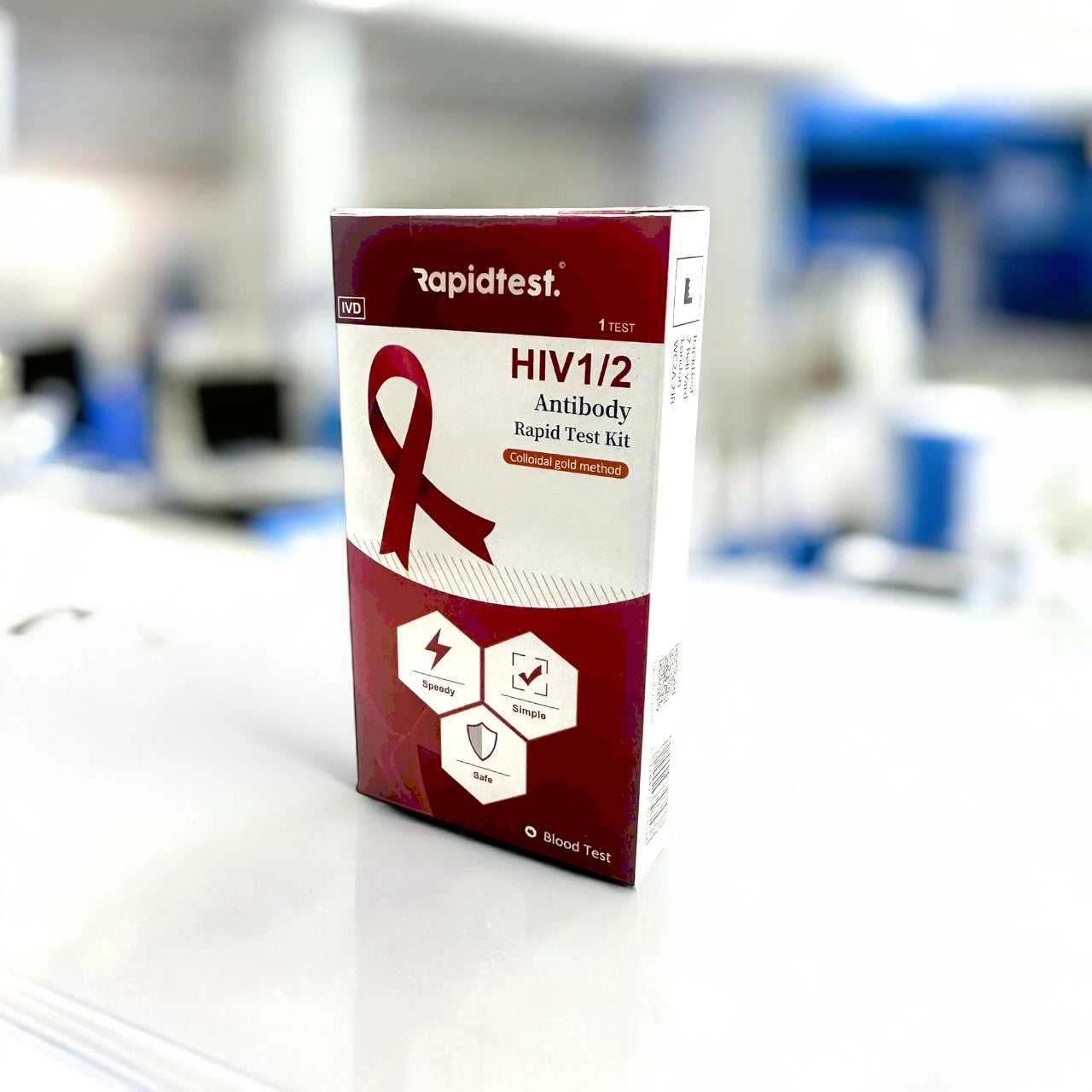
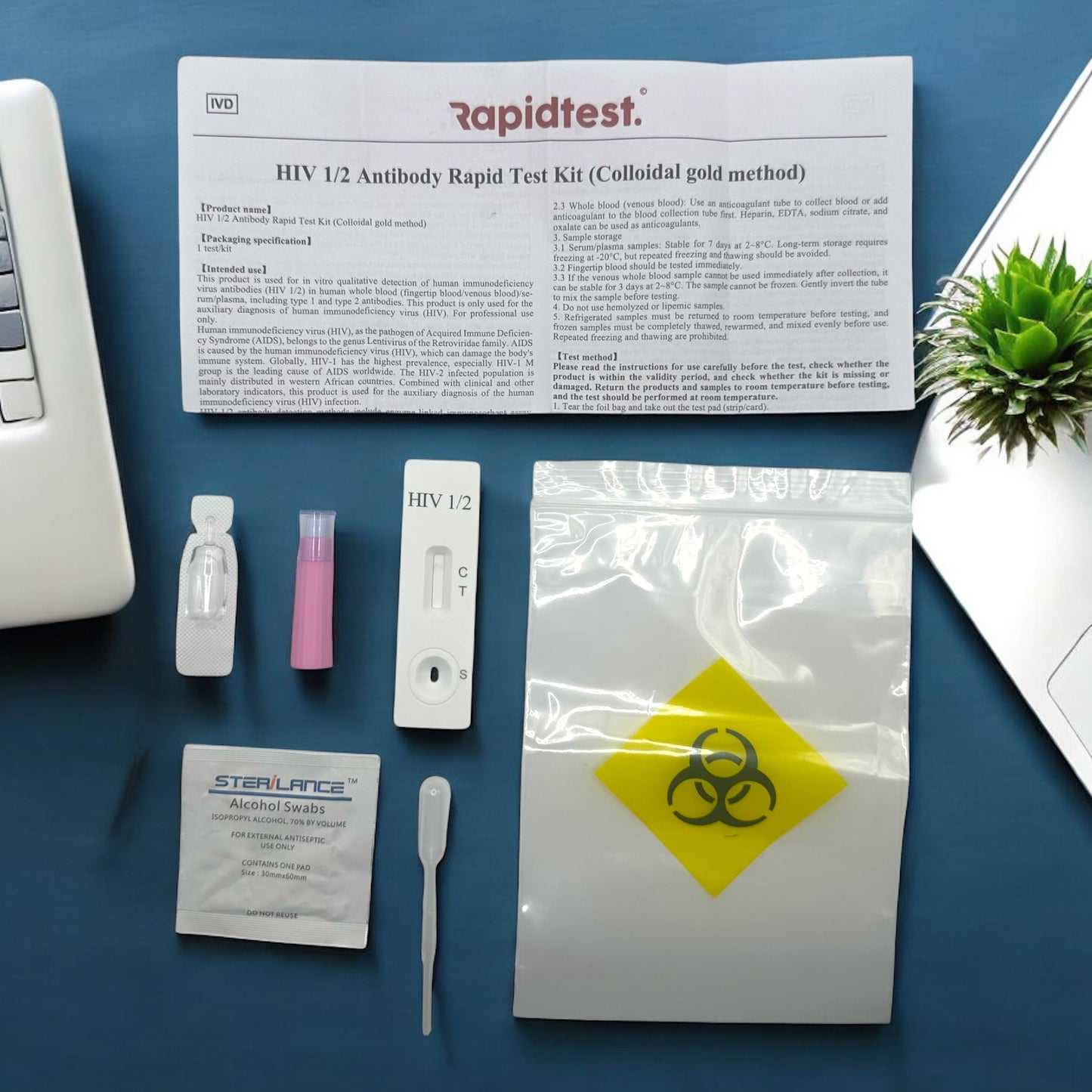
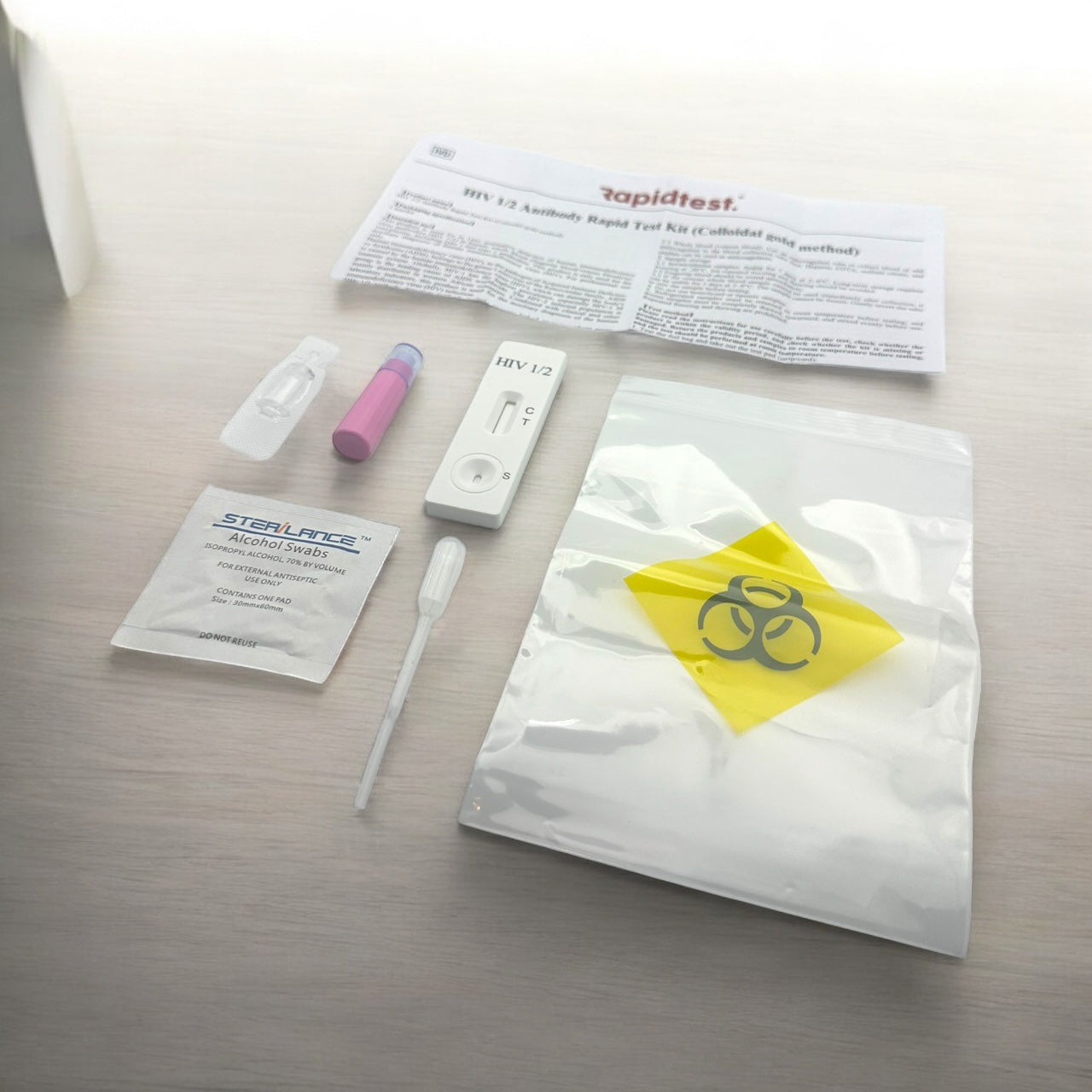
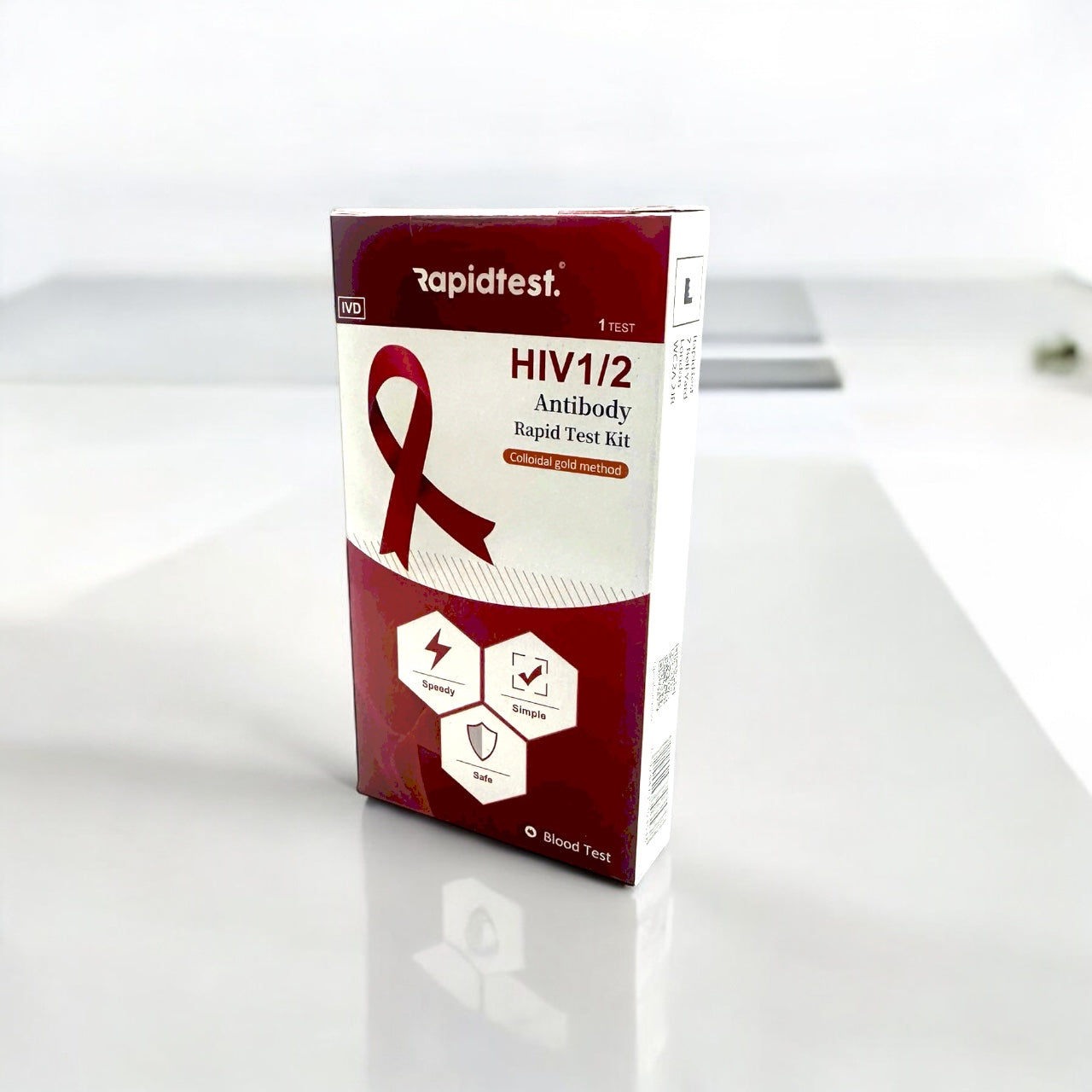
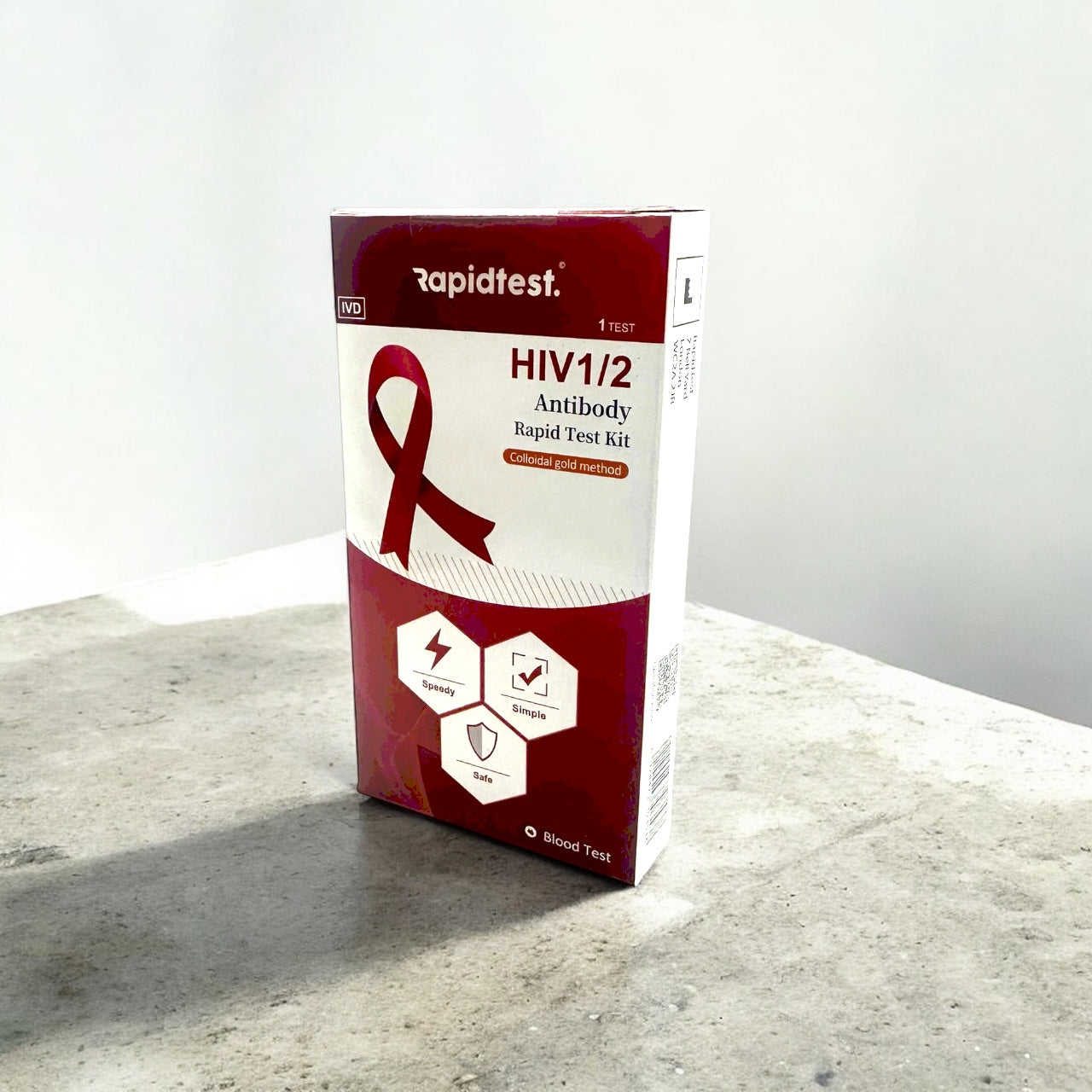
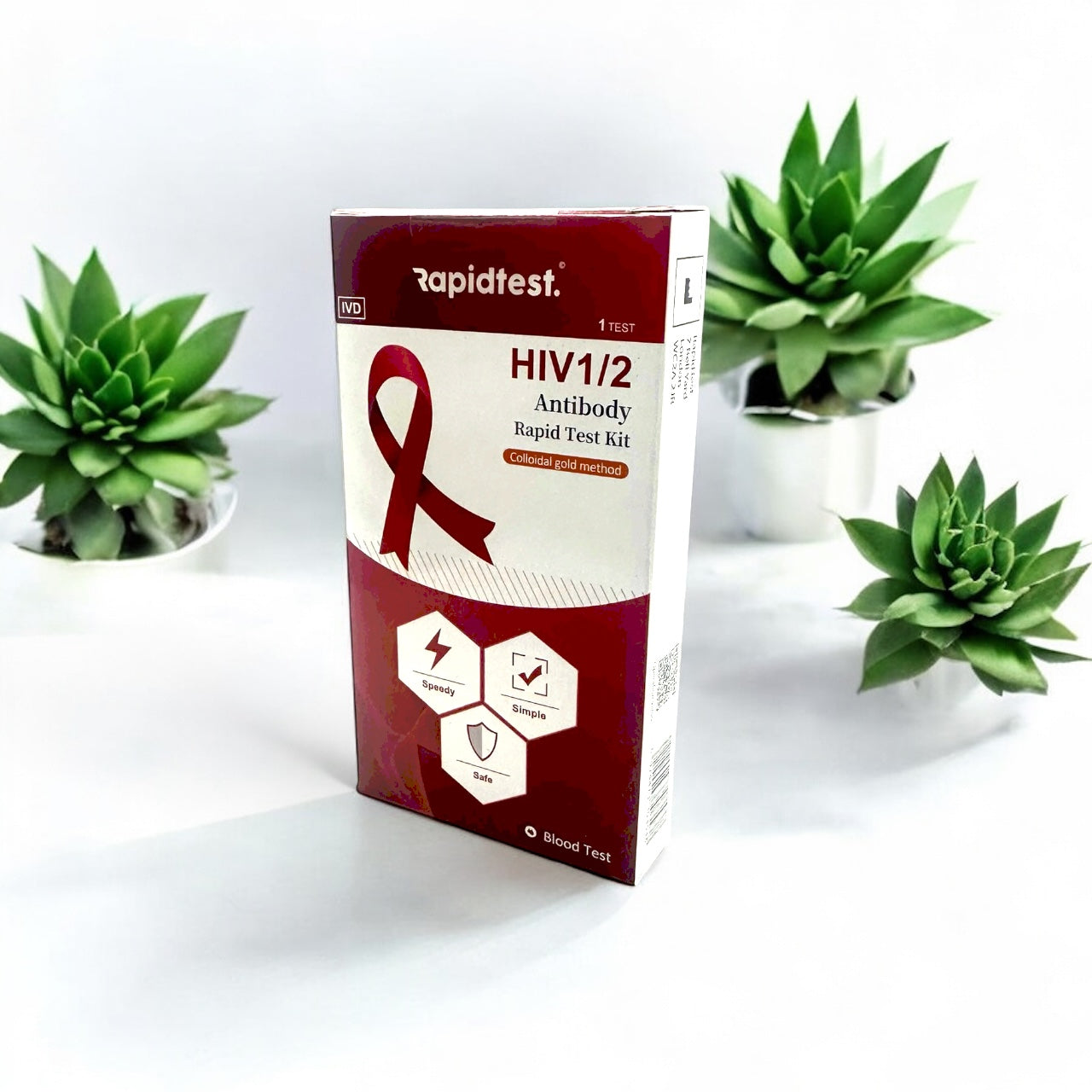
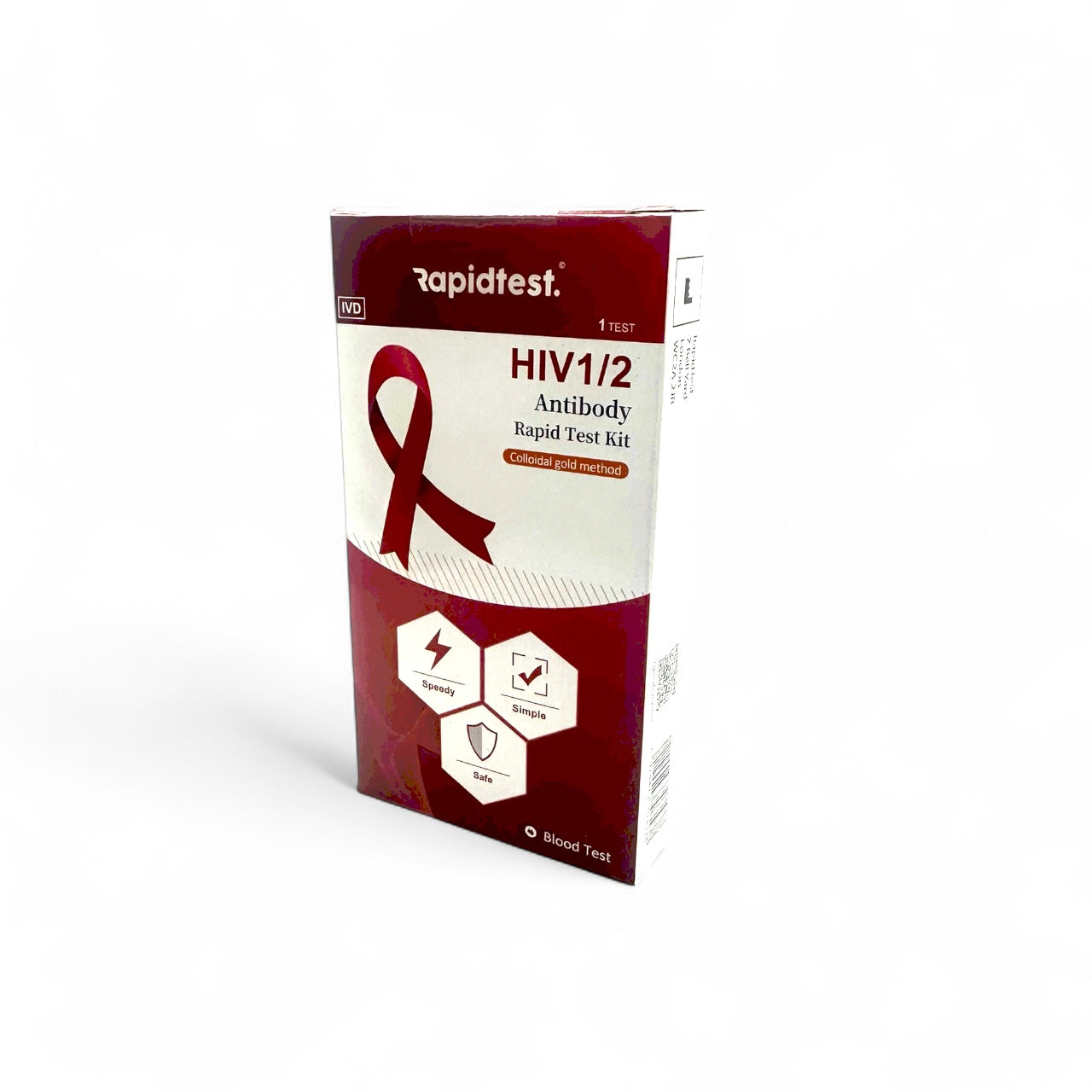
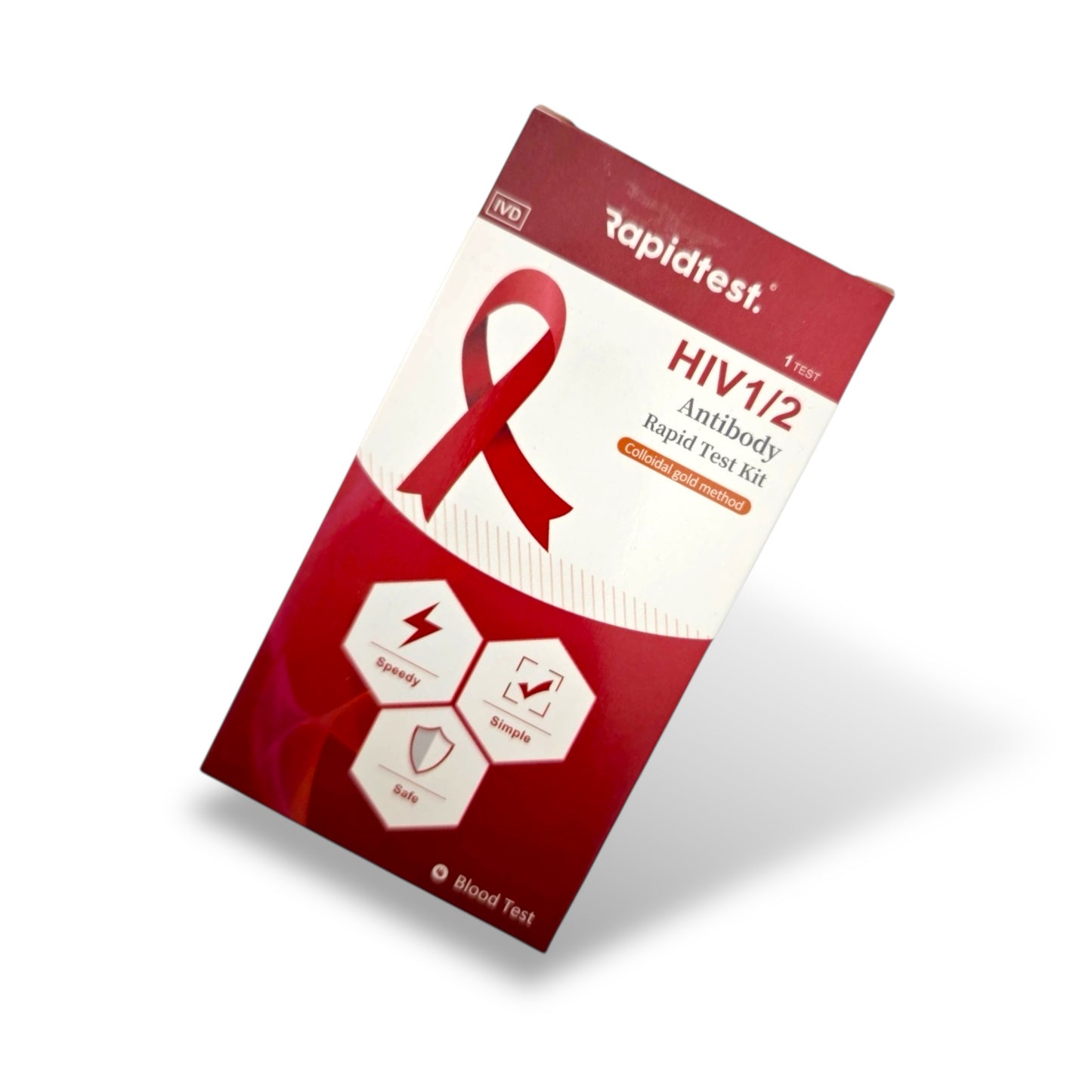
Learn More About HIV Testing
-
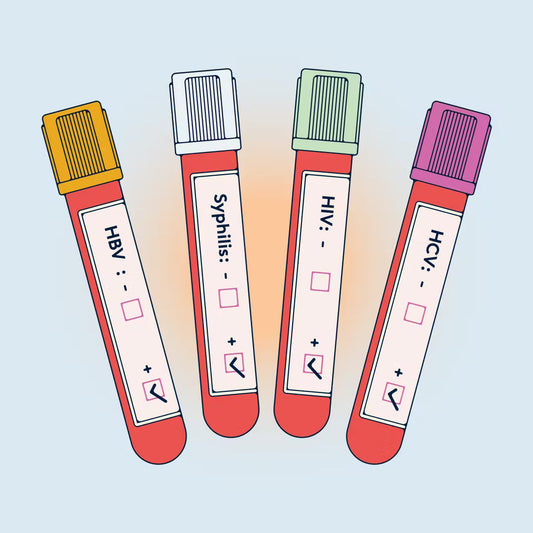
When to Test After Unprotected Sex?
Understanding when to take an STI or HIV test after unprotected sex is key to getting accurate results and peace of mind. This guide explains the best time to test,...
When to Test After Unprotected Sex?
Understanding when to take an STI or HIV test after unprotected sex is key to getting accurate results and peace of mind. This guide explains the best time to test,...
